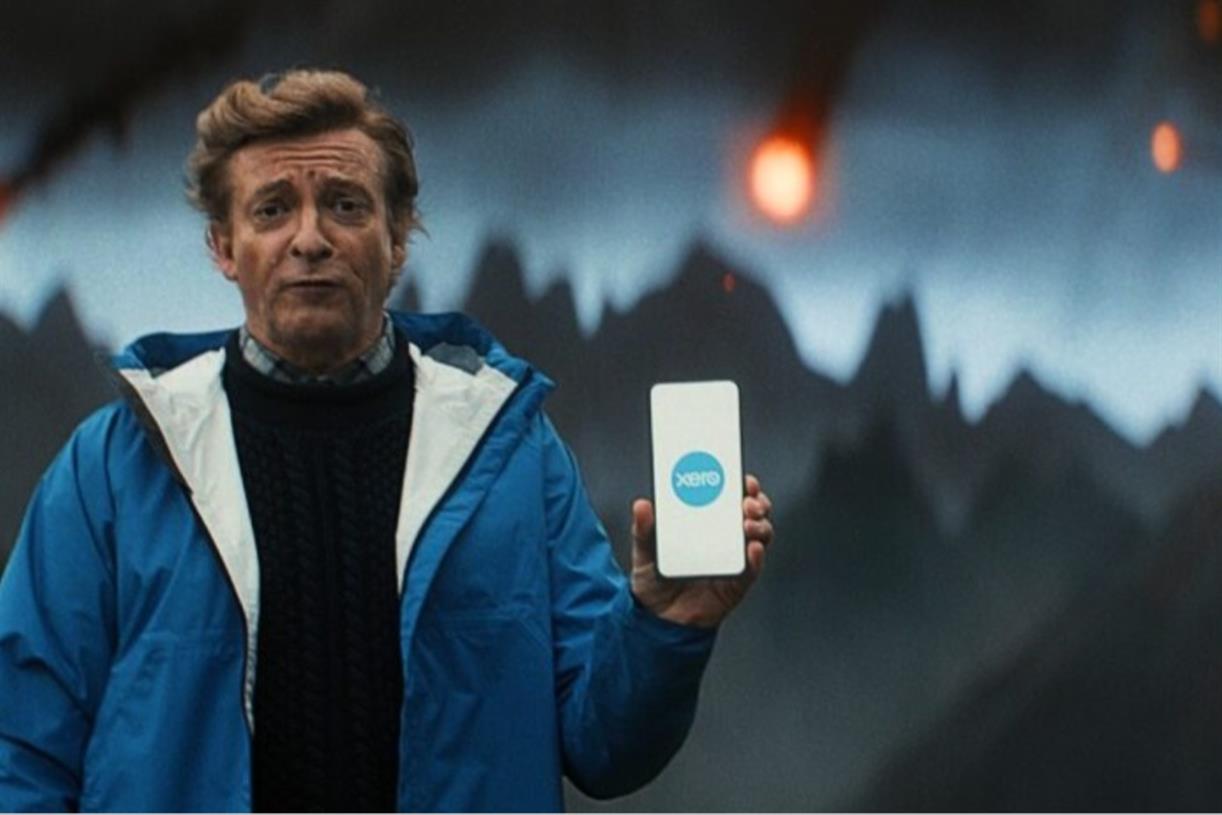Agency war rooms—why violent language is ruining the fun in our jobs
5 ways to have a positive impact on our work and our people.

In the small corner of the world known as the advertising industry, we speak in ridiculous ways. We level-set expectations, parallel path assignments, circle back on conversations and ask what the ask is. As absurd as it may sound to an outsider, the jargon works for us because it’s harmless.
It stops being as effective when our language becomes violent.
Once work is won, we attend briefings for new campaigns to discuss strategy. We kill ideas, scripts and design choices. Creatives try to revive ideas they love when the creative director says they are on life support.
We huddle in war rooms to work on pitches. We plot guerilla marketing tactics. We divide and conquer to hit a project’s drop-dead date. If the direction of creative changes drastically, we pay a kill fee to a vendor. And whether the campaign is a hit or a miss, a post-mortem appears on our calendars.
Every step of every project we work on is infused with language that is violent, has military origins or both. It feels rooted in a singularly American, capitalist mindset—we view competing companies as the enemy, so we try to gain any competitive advantage we can that will boost business and move units.
In his Harvard Business Review article, “Stop Using Battle Metaphors in Your Company Strategy,” Frank V. Cespedes writes that battle metaphors are “not suitable because business, unlike a war or battle, is not primarily about defeating an enemy. Business is primarily about customer value.”
When our process is littered with language that trivializes war and death, it chips away at what should be a positive and open exercise toward getting our best ideas made. It’s needlessly excessive for us to wake up every day to news of real death and tragedy—war in Ukraine, earthquakes in Turkey and Syria or a mass shooting in the U.S.—and then log on to our laptop jobs and have that same language analogized in the context of, say, an ad for a low-cost auto insurer.
Semantic drift—the change of language and word usage over time—is exactly why most of us don’t second-guess how we shoot down a team or person’s idea in the room. It’s also why I don’t think twice about how I’m writing this piece up against the modern definition of a deadline (a specific time), not the original definition of a deadline (a physical line that Civil War prisoners could not cross or they’d be shot to death).
It’s worth noting that advertising is very far from perfect. Violent language is far from our most pressing issue. People of color are still vastly underrepresented; there are far too few non-white cisgender males in leadership; and shocking amounts of time, energy and money are thrown around by companies to sell products when it could be better allocated to help solve severe global problems.
I’m not suggesting we eliminate every phrase I listed earlier. But since this industry affords the rare privilege of getting paid to come up with fun ideas in a process that should also be fun, we need to eliminate at least some of the killing. Here’s what I propose:
Don’t work out of ‘war rooms’
It’s just as easy to call it a “pitch room” or “social room,” depending on the room’s purpose. (A previous employer of mine called them sandboxes because they’re meant for play. That’s a completely opposite end of the spectrum that I cannot support—but I digress.)
Don’t kill work or say something is dead
Say you’re going to “hold these ideas back” from the next meeting, or that you’ll simply “remove this direction” from the deck. Also, we all know ideas that don’t move forward are never dead. They are thrown, consciously or subconsciously, into a brain drawer for later use with a different client.
Don’t schedule post-mortem meetings
You’re not examining a dead body; you’re probably having a 30-minute meeting to talk about the outcome of a different 30-minute meeting. Instead, call it what it is, such as a “post-presentation regroup.”
Don’t divide and conquer
Maybe just “split up the work.” You’re not conquering anything; you’re chipping away at your to-do list.
You can ignore me, but …
... as masters of the dark communication arts, it’s our job to understand how the power of language can generate a positive or negative emotion from consumers. And consumers are real people. If we apply that same logic to how we interface with our own real people we work with on a day-to-day basis, we’ll begin to see it have a more positive effect on our work and our processes.

 ShanonG
ShanonG 






























